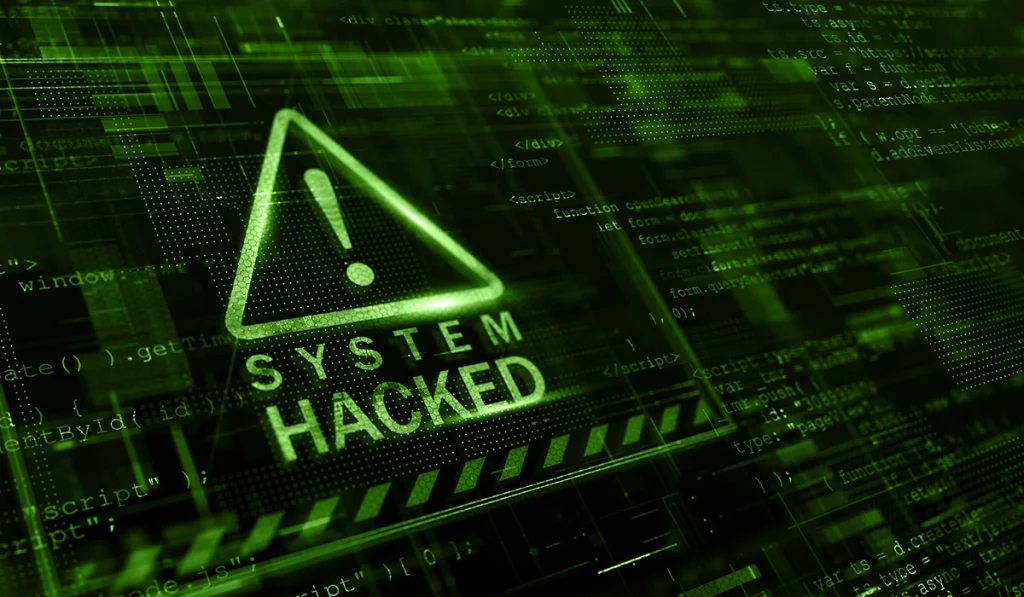As organizations capture and store more data than ever, many industries now adopt data-driven technologies and solutions to streamline workflows and gain new insights. However, these advancements come at a cost: Because much of this data is sensitive, industries must implement reliable data security measures to protect both their operations and their customers
Why Is Reliable Data Security Important?
Because the most valuable data is often the most sensitive, organizations must use data security to protect it. Without robust security solutions, hackers and other malicious entities can easily steal valuable information such as credit card details and personal data.
For some industries in certain countries (particularly the United States), data security is also necessary to maintain compliance with federal regulations. Retailers, for example, are required to maintain certain data security policies and procedures for Payment Card Industry (PCI) compliance, among others.
Industries That Need to Protect Their Data
Every industry has a vested interest in protecting its data, though the methods, requirements, and governing regulations vary.
Military
The military uses data security not only to protect the identities and information of its personnel, but also to protect the security of the entire country! As military and government databases become more appealing targets for cyberattacks, militaries around the world have been forced to implement extremely robust data security policies.
Healthcare
Both in the United States and abroad, the healthcare industry holds some of the most valuable data in the world. With patient data including personal information, medical history, and, often, insurance and payment information, healthcare data security has become a massive industry in and of itself.
As a result, healthcare organizations are often subject to many government-mandated regulations and compliance measures. One example of this is the United States Health Insurance Portability and Accountability Act (HIPAA), which requires healthcare providers to implement a certain scope of security measures for protecting the storage and transmission of patient data. This practice is so important that organizations failing to comply are subject to multi-million-dollar fines!
Finance
Much like the healthcare industry, the financial sector deals with some of the most sensitive data in the world. While investment firms may not track their clients’ medical history, they usually have access to important personal and bank information, as well as investment portfolios and accounts.
As a result, the financial industry is also a prime target for hackers and other cyberattacks. Due to these threats, the financial industry is also subject to its own regulations and compliance measures—much like the healthcare industry.
Education
Educational facilities also have access to private data, particularly the personal information of students and faculty. While education isn’t as tempting of a target for cyberattacks as some of the other industries we’ve discussed, it’s still a target—and it comes with its own protections and regulations, such as the Family Educational Rights and Privacy Act (FERPA), which mostly governs records-related procedures such as the most secure way to backup data.
Retail
While retail companies may not hold the most valuable personal data themselves, they do present one of the most vulnerable attack vectors: payment cards and transaction processing. With more of this processing happening over the Internet or through potentially compromised mediums, retailers have become subject to their own regulations, particularly the Payment Card Industry (PCI) Data Security Standard.
Choosing a Reliable Data Security Partner
No matter the industry, reliable and secure data solutions are an absolute necessity for anyone, in any industry handling data. For more information on Ciphertex Data Security®’s data backup and security solutions, visit Ciphertex.com.

